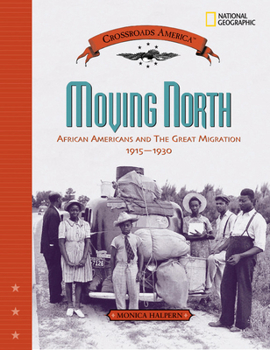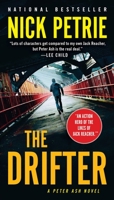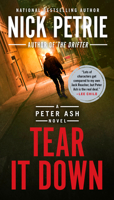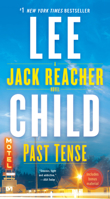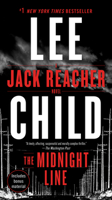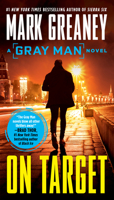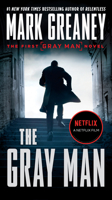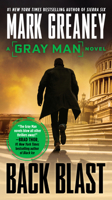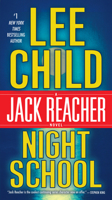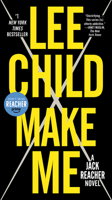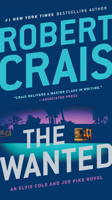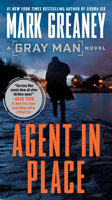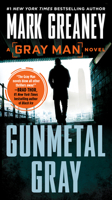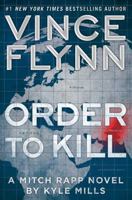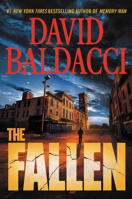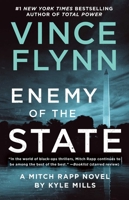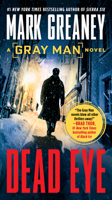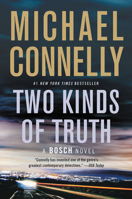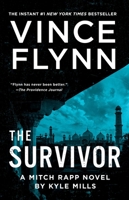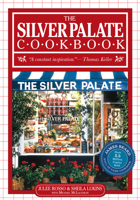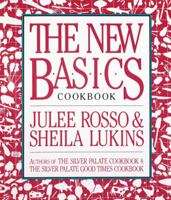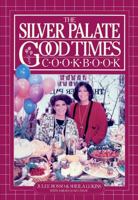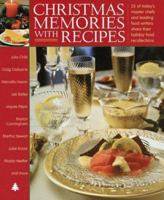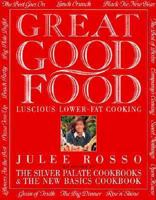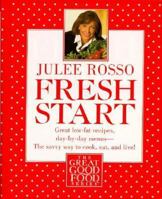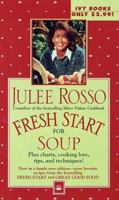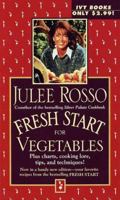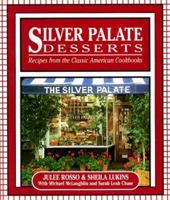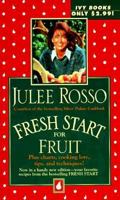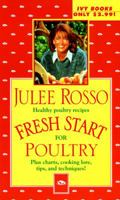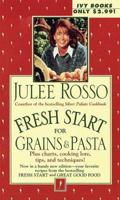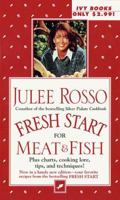Moving North: African Americans and the Great Migration 1915-1930 (Crossroads America)
(Part of the Crossroads America Series)
Select Format
Select Condition 
You Might Also Enjoy
Book Overview
After the Civil War, the South went through a period of rebuilding, termed Recon-struction, but because many white people in the South were not ready to accept African Americans as equals, unfair laws were passed which restricted the rights of blacks. These Black Codes and Jim Crow laws left African Americans adrift in a segregated world. Life was better in the North in many ways for African Americans. The 1920s brought jobs and money-until The Great Depression hit. The Depression left many homeless and jobless. Many blacks left the cities seeking jobs wherever they could find them. Despite the hard times that followed, living in the North continued to bring a renewed sense of freedom to many African Americans.
Format:Hardcover
Language:English
ISBN:0792282787
ISBN13:9780792282785
Release Date:December 2005
Publisher:National Geographic Society
Length:40 Pages
Weight:0.65 lbs.
Dimensions:0.4" x 7.4" x 9.2"
Age Range:5 to 8 years
Grade Range:Kindergarten to Grade 3
Related Subjects
Biographical Biographies Biographies & History Biography & History British & Irish Criticism & Theory Drama Ethnic & National Europe Historical History & Criticism Irish Literature & Fiction Modern (16th-21st Centuries) Movements & Periods Specific Groups Wales Women Women Writers Women's StudiesMore by Julee Rosso
Customer Reviews
3 customer ratings | 2 reviews
There are currently no reviews. Be the first to review this work.











